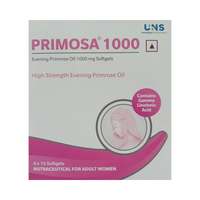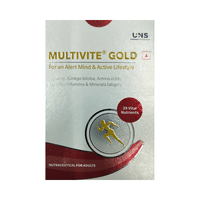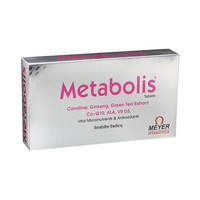Cytogard OD Capsule CR
Rs.500for 1 strip(s) (15 capsule cr each)
food interaction for Cytogard Capsule CR
alcohol interaction for Cytogard Capsule CR
pregnancy interaction for Cytogard Capsule CR
lactation interaction for Cytogard Capsule CR
food
alcohol
pregnancy
lactation
Cytogard OD Capsule CR is to be taken with food.
None
None
CAUTION
Cytogard OD Capsule CR may cause excessive drowsiness with alcohol.
UNSAFE
Information regarding the use of Cytogard OD Capsule CR during pregnancy is not available. Please consult your doctor.
CONSULT YOUR DOCTOR
Information regarding the use of Cytogard OD Capsule CR during breastfeeding is not available. Please consult your doctor.
CONSULT YOUR DOCTOR
SALT INFORMATION FOR Cytogard 60mg Capsule CR
Trimetazidine(60mg)
Cytogard capsule cr uses
{med_name} is used to prevent Angina (heart-related chest pain).
How cytogard capsule cr works
Cytogard OD Capsule CR is an anti-anginal medication. It decreases the oxygen requirement of the heart by shifting its metabolism from fats to glucose. As a result, the heart works more efficiently.
Common side effects of cytogard capsule cr
Dizziness, Headache, Nausea, Vomiting, Weakness, Rash, Abdominal pain, Indigestion, Itching, Diarrhea, Hives
SUBSTITUTES FOR Cytogard Capsule CR
No substitutes foundExpert advice FOR Cytogard Capsule CR
- Trimetazidine prevents new attacks of angina but does not stop an acute attack.
- Does not affect heart rate, blood pressure at rest or during exercise.
- Improves HbA1c and blood sugar levels in diabetes patients.
- Avoid driving or using machinery if you feel dizzy after taking Trimetazidine.
Frequently asked questions FOR Cytogard 60mg Capsule CR
Trimetazidine
Q. Is Cytogard OD Capsule CR a beta blocker?
No, Cytogard OD Capsule CR is not a beta blocker. It is an anti-anginal medicine which is used in combination with other medicines to treat angina pectoris (chest pain caused by coronary disease). It protects the heart cells from getting affected by the reduced oxygen supply during an episode of angina.
Q. Who should not take Cytogard OD Capsule CR?
You should not take Cytogard OD Capsule CR if you are allergic to it or have severe kidney problems. Patients with Parkinson’s disease should also avoid taking Cytogard OD Capsule CR. Parkinson’s disease is a disease of the brain which affects movement and causes trembling, rigid posture, slow movements and a shuffling, unbalanced walk.
Q. Can Cytogard OD Capsule CR be used in elderly patients?
Cytogard OD Capsule CR should be used with caution in patients aged more than 75 years of age. Usually, a lower dose is prescribed in elderly patients to reduce the chances of adverse effects. It is important to continuously monitor such patients.






















